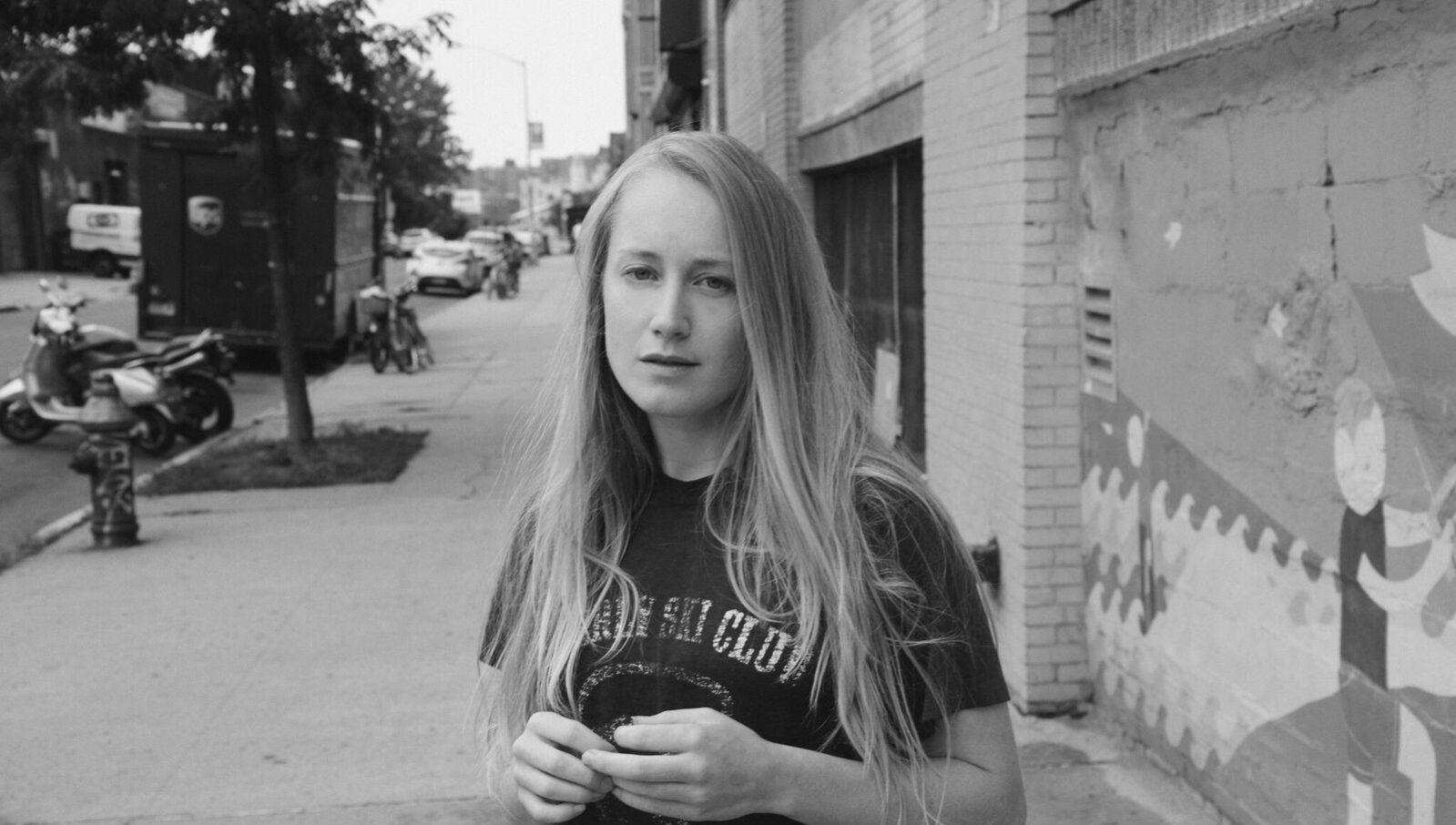Interview: The Weather Station

Photo by Shervin Lainez
The Weather Station is the modern folk project of Toronto’s Tamara Lindeman, whose music and voice are all at once potent, mesmerizing, and refined. Her fourth, and possibly most impactful, record to date is a self-titled release from late 2017 that explores bold narratives and untethered arrangements. The record itself is a tour de force, and was received with high critical praise almost unanimously, with Pitchfork calling it “Timeless… Measured, perceptive storytelling. A singer with an unmistakable & communicative voice, able to convey hope & hurt with equal clarity.”
The Weather Station plays the NAC’s Azreili Studio on Friday night, and more ticket information can be found here. I spoke with Tamara about the latest record, and you can read that conversation below.
Interview with Tamara Lindeman
Your latest self-titled album feels like it is a culmination of something. Can you talk a bit about how this 4th album stands out from the rest in terms of the conception and approach?
I think it stands out in a lot of ways. I think it’s the first time I really had a clear vision for the sound of the record, and the arrangements going in. It’s very sprawling compared to my other works, there’s a lot going on. I let it be that, instead of cutting things down to be more concise.
You self-produced this one. What was the reasoning behind that?
In a way it was a simple decision. There are always opportunities to work with other people, but I think it wound up being a positive decision. There are challenges too, especially towards the end when you can get really bogged down in mixing and mastering the project. It can be a bummer to not have someone else making decisions, but ultimately I think it was a really good thing.
You have mentioned you wanted the record to be a rock and roll album without the rock and roll. There are few artists who are able to root their music in traditional folk influences without getting firmly stuck in that box. How do you feel your music is evolving as you move forward in your career?
Yeah, I agree with you. It’s too bad that folk music gets stuck there and it’s something that I think about a lot. But honestly, I just pretend that I’m not making a folk record. Then it winds up seeming like a folk record because of the melodies and the way I go about music is so ingrained that it kind of evolves into that. But there are elements on this record that differ. For example, there’s a song with a rock and roll rhythm section with a folk melody on top. There’s also another that could be an Irish sea shanty.
So I was really thinking melodically folk, rhythmically something else. I think lyrically if I wrote about a train in the pouring rain then I would just die. There’s no point, there are hundreds of those already and we don’t need another one of those in our lives.
I’m always interested to hear what musicians are listening to these days. Is there an artist or band that you’ve been listening to a lot?
I always get into a lot of Toronto music to be honest. I really enjoyed the Bernice record that came out, I’ve really loved that band for a long time. I felt like that record really captures their essence and what they’re like live. There’s music from my friend Isla Craig that I really loved, too. Those are the newer records that I’ve been hanging onto. Oh yeah, and Sandro Perri has a new album out, too, which is exciting. I always like to check out the cool indie rock records coming out, but oddly enough I don’t usually like the things I would normally be expected to like. I’m drawn to music that’s not in the same genre as me.
You’ve talked about how this album came together after a period of intense worry and anxiety, which is something a lot of us go through. But out of that came your boldest and praised album to date. What allowed you to move past that difficult time and got you to start putting together the songs?
It was a long and complicated process. I kind of felt like I had to unravel my personality and belief systems. They were so interwoven with so many things I consider to be myself, it was like pulling on the poison thread, you know? It’s a very painful process to try to unbraid it, and really try and find your belief system. So it was that, and more practical things.
A big part of coming out of that was being on tour and being in a band. For a lot of people touring can be really unhealthy, but for me it’s good because it gets me out of my head. It gets me into a social space that I wouldn’t normally seek out. Anxiety is about fear, and to do something fearless like make a record, it’s like showing yourself who’s boss. If you do something courageous, that can change your fear. It was all connected for sure.
